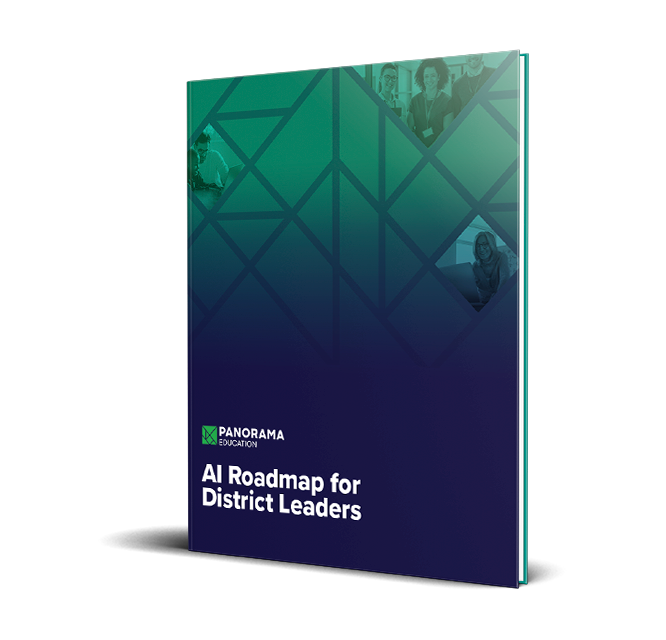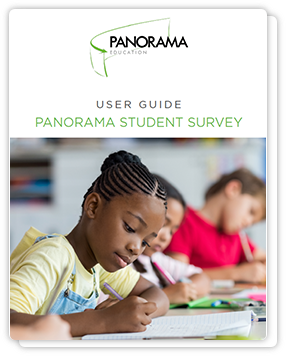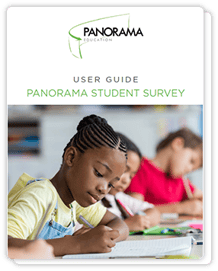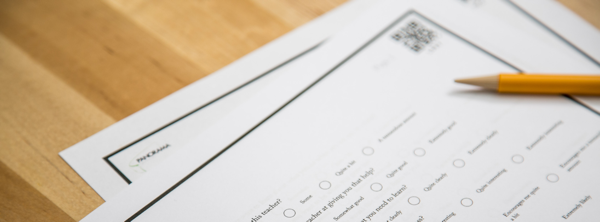Students who feel that they are being held to high standards around effort and understanding by their teachers are more likely to trust that their teachers believe in them and their capacity to succeed, and as a result, achieve greater academic success.
An important source of data about whether students feel that their teachers have rigorous expectations for them are students themselves. So that schools and districts can assess students' perceptions of their teachers' expectations and the extent to which they are being held to high standards, the Panorama Student Survey contains questions that measure this critical issue.
Questions and answers about Rigorous Expectations assess student perceptions of how much their teacher(s) encourage them to adhere to the habits that will turn them into critical thinkers, like explaining their answers to questions, and self-starters, like continuing to try even when tasks or assignments are difficult. Students also answer questions about how much their teachers encourage them to do their best work, and how high their expectations are for the students' performance, effort, and persistence in class. These questions can be used to help learn about the rigor of a teacher's instructional practice, and the extent to which students feel simultaneously challenged and encouraged in a teacher’s classroom.
On the Panorama Student Survey, Rigorous Expectations is assessed with 5 questions written for older students (grades 6-12) and 5 questions written for younger students (3-5). Together, all of these questions can be used to measure students' perceptions of this integral aspect of teaching practice and students' classroom experience.
Sample Rigorous Expectations Questions:
- How often does this teacher take time to make sure you understand the material?
- How much does this teacher encourage you to do your best?
Results for a particular teacher or from a particular group of students are likely to predict student academic performance, as well as college and career readiness. Schools and districts that are particularly interested in Rigorous Expectations can use the scale to identify areas of teaching strength and areas for improvement in the classrooms of individual teachers and collectively across their school and district. Questions about Rigorous Expectations can also be used to determine if schools and districts are meeting the needs of all students equally, or if some student subgroups feel more encouraged and challenged than others.
For schools and districts that measure their students' perceptions of the rigorous expectations in their classrooms and find that certain teachers, or entire teaching teams and schools, might benefit from strengthening the rigor of their teachers’ instructional practice, Playbook contains strategies focused on increasing classroom rigor and re-setting expectations for students. Playbook moves teachers can use to improve Rigorous Expectations include “Use Progress Signals During Independent Work,” “Provide Challenging Supplemental Work,” and “Revisit Student Who Can’t Understand a Question.”







.png?width=350&height=212&name=pano-ft-rsrce%20(1).png)